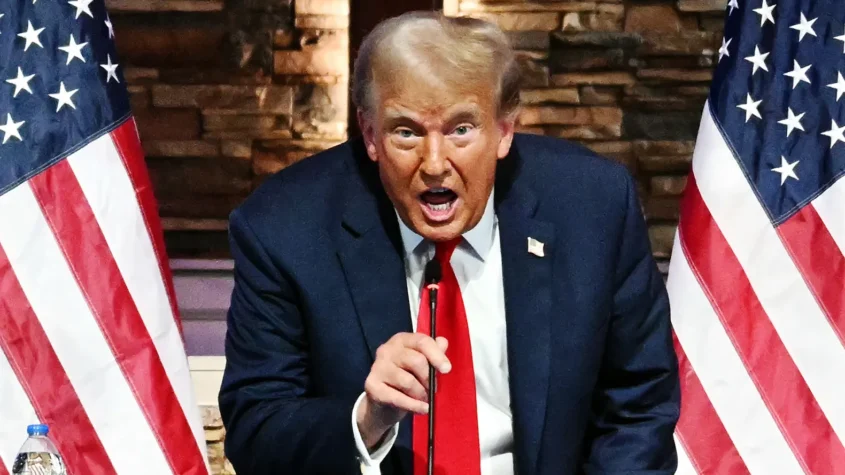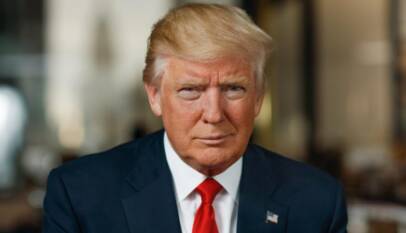In a major legal and political setback for former President Donald Trump, a U.S. federal court has blocked most of the sweeping tariffs he imposed during his administration, casting doubt on the legality of his aggressive trade war strategy.
The ruling, issued by the U.S. Court of International Trade, halted key components of the tariffs that had become central to Trump’s effort to reshape America’s global trade relationships.
The decision triggered a surge in investor confidence, with markets rebounding on news that the uncertainty surrounding import levies could soon ease. However, the White House swiftly criticised the ruling, dismissing it as interference by “unelected judges” and vowed to appeal it.
Trump’s trade policies, often framed as part of his “America First” agenda, included unilateral tariffs targeting countries with significant trade surpluses with the United States, most notably China. His administration argued that large trade deficits and the flow of illegal drugs into the country created a national emergency, justifying the use of extraordinary economic measures under Section 232 of the Trade Expansion Act of 1962 and Section 301 of the Trade Act of 1974.
However, the three-judge panel found that Trump had overstepped his legal authority, ruling that most of the trade restrictions imposed since he took office in January 2017 lacked the proper legislative and procedural backing. Legal analysts note that while presidents have broad leeway in matters of national security, there are limits, and this case underscores those boundaries.
One of the most high-profile targets of Trump’s tariffs was China. At the peak of the trade conflict, Chinese goods faced tariffs as high as 145%, which severely strained relations between the world’s two largest economies. Although many of those tariffs were later reduced as part of fragile trade negotiations, China welcomed the court ruling and called on Washington to fully remove all remaining tariffs.
“This is an important step in correcting the overreach that harmed global trade stability,” a spokesperson for the Chinese Ministry of Commerce said.
Economists and trade experts had long warned that Trump’s ad hoc tariff strategy risked undermining U.S. competitiveness, raising prices for consumers, and provoking retaliatory measures from other countries. The court’s decision may signal a broader rebalancing of executive authority over international trade, potentially curbing future administrations from bypassing Congress on major economic decisions.
As the legal process continues, the future of U.S. tariff policy remains uncertain. What’s clear is that the judicial system has delivered a strong message: even in matters of trade, the executive branch must operate within the bounds of the law.



































